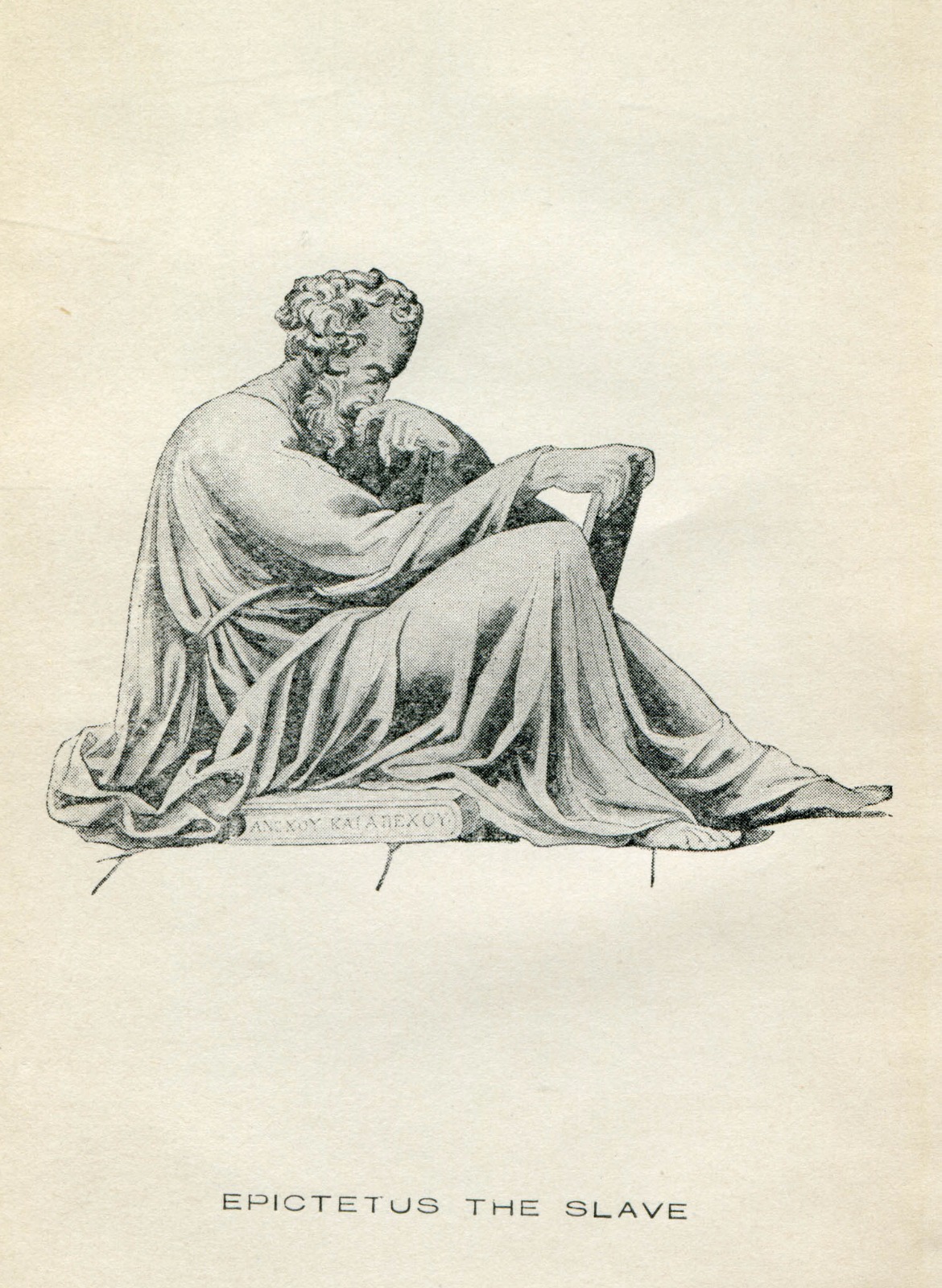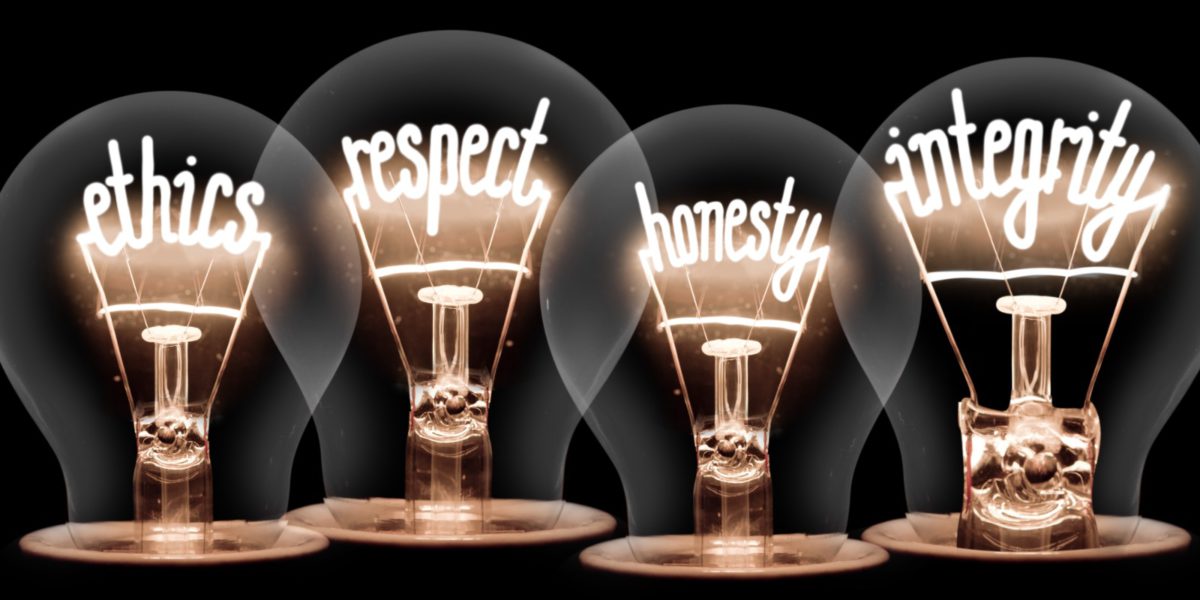
“It is not what happens to you, but how you react to it that matters.” – Epictetus
I’m a big fan of the stoics, but this quote by Epictetus really strikes home because I feel that, while it matches the Stoic philosophy, it is also the kind of statement that can be applied to everything we do in life. It is also one of the main reasons we, at Switch, work so hard to help our clients find and articulate their brand values. These values are what help brands react in a way that is consistent, each and every time.
What is a brand?
Before delving any deeper into the subject, we need to kick off by having a little conversation about brand. Far too many people associate the visual identity of a brand with it being the brand itself. But that’s judging a book by its cover.
A brand is much more than that. The visual manifestation of the brand (logo, colours, fonts etc) are just that. They are the way in which a brand is expressed, but they are not (or they should not be) the brand itself. The identity serves to help us recall our perceptions of that brand – the sum of all our associations we have based on our experience with the brand’s behaviour, communication, and reputation.

A solid brand should be made up of three main components, components that should be developed in this order:
- Purpose – or Why does the brand exist?
- Values – or How does the brand do things?
- Identity – or What does it look like while doing these things?
We can delve into how we discover and articulate these, and I’d be happy to have a conversation with any of MaltaCEOs’ readers about the importance of getting your brand right, but that’s a conversation for another day. Today I’ll concentrate on the one part that’s salient to these days. A brand’s values.
Values
When we work on a brand’s values, we do our absolute best to help our clients (or ourselves) to only settle on values that they can live by. When listing and setting your values in stone you must be absolutely certain that you can live by these values.

If I, as a person, had to articulate my personal values I would probably not list ‘artistic’ as one of my core values. I’d love to be artistic. I can appreciate art. But I’m definitely not artistic, even though I would love to be. If I did, however, push through and try to define myself as an artistic person, then I might be able to act as if I was artistic for a while, but I’d be caught out as soon as the going gets tough. If I was suddenly in a situation where I need to put food on the table, the last job I’d apply for would be that of an artist.
When discussing values for brands we go through pretty much the same process. We define the values of the brand in a way that matches the core of the brand. Sometimes we will work on aspirational values, but they have to be achievable. If a company is extremely traditional but their new marketing intern wants to insert ‘dynamic’ as part of their brand values, we’d be hesitant to enshrine that in the company’s brand.
Values in tough times
The big advantage of values is that they are there to help you through thick or thin. They can feel like they’re restricting you sometimes, but when you are faced with tough decisions, having brand values to guide you is one of the most comforting things a business leader can have.
The values give you parameters and help you make decisions in a framework that others don’t have the luxury of having. Removing decisions is one of the best things a leader can do to allow themselves to concentrate on the tougher stuff. Think of Steve Jobs’ black turtleneck and jeans. He never had to think about what to wear in the morning. A solid set of brand values helps you in the same way, throughout the day, every day.

On the other hand, if you’re consistent with your values you can rest assured that people will get used to them, both internally and externally, so you will be held by those standards when the going gets tough.
This is especially true in times like these. As we saw in our roundup of consumer behaviour in 2021, audiences out there are holding brands to much higher standards than they ever did – not only for the quality of their products and services, but also for the way that brands are behaving.
Consumers are not only looking at how a brand is talking about itself, they’re looking at how brands are acting in tough times, and they’re rewarding the brands that are sticking to their values through thick and thin.
Unilever’s Chief Digital and Marketing Officer, Conny Braams, puts it perfectly in an interview with Marketing Week: “In a recessionary environment of course we [must ensure we observe] what is happening now, but we must also build brands for the longer term. Because that is our way to navigate through this high volatility. You need to have an agile approach – and that’s what we’ve done throughout COVID.”
So what can I do?
Being a business leader is never easy, but the added pressures of a period such as the one we’ve been going through is sometimes too hard to handle. This can lead to rash decisions that will affect your long-term success in an effort to protect yourself in the short term.
Brands that have their values articulated should find this easy, just look at your core values and make sure that you are acting according to what you promised in brighter days. Check all your decisions, whether they’re major or minor, against your core values. Especially as we are now over a year into the pandemic, there’s a good chance that your commitment to your values, which might have been decided in better years, might really be challenged.
Consumers will remember. Brands that stick to their values will be the ones that are rewarded as we climb out of these dark times. Choose to be the brand that has been faithful to its values, in good times and in bad, because better times will come and you don’t want to have sacrificed them for a rash decision taken in hard times.
How to prioritise tasks when everything is important
Effective prioritisation can help establish the areas of focus that really matter.
Why active listening makes people better leaders
Being a good listener is considered among the most important leadership skills.
Leaders, what is your relationship with ‘rest’?
Understanding our attitudes and behaviours around rest can empower us to learn how to rest in a way that prevents ...
Say goodbye to your 60-hour work week
7 tips to stop business leaders from overworking.











